About the author
Vesna Manojlovic is Community Builder at RIPE NCC.
Vesna joined the RIPE NCC as a Trainer in 1999. In 2003, she took responsibility for developing and delivering advanced courses, such as RPSL, Routing Registry, DNSSEC and IPv6. In 2008, she lead efforts to establish IPv6 RIPEness as a measure of IPv6 deployment among LIRs. In 2011, she joined the Science Division as Manager of the Measurements Community Building team; in 2015 she moved to Communications Department as Senior Community Builder, with a focus on organising hackathons.
Vesna gives presentations at many technical conferences and workshops, and enjoys visiting hackerspaces.
Vesna received a Batchelor of Sciences Degree in Computer Science and Informatics from the School of Electrical Engineering, University of Belgrade. She has three children.
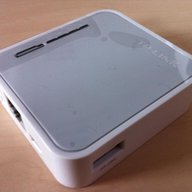

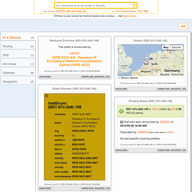
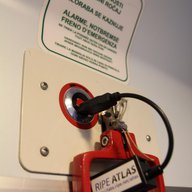

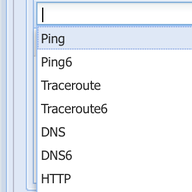
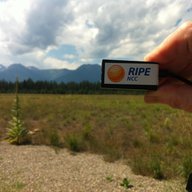
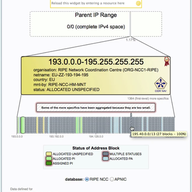
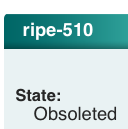
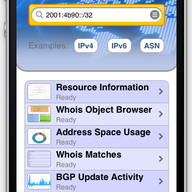
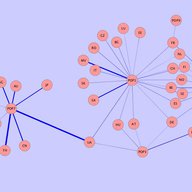
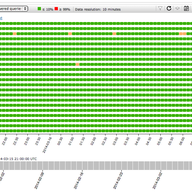

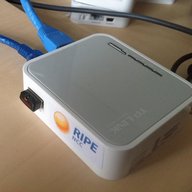

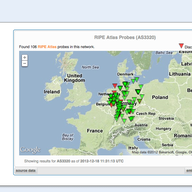
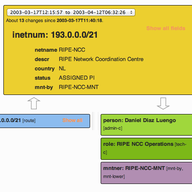


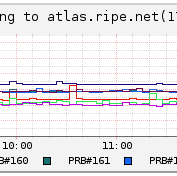
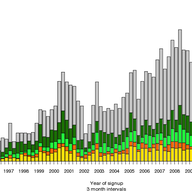

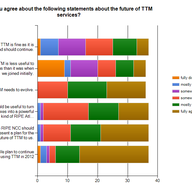
From the RSNOG list (via Sloba Markovic) : "All the major Spanish telcos have unveiled a joint statement to customers, asking for fair and reasonable use of the internet during over the foreseeable future: https://telecoms.com/503106/spanish-operators-beg-customers-not-to-screw-the-network-up/ "
I'd like to share the global coordination effort: listing of the engineering groups that are working on solving some aspect of the COVID-19 crisis: "List of Engineering COVID Groups": https://docs.google.com/spreadsheets/d/1PmVIADK94Hmug3wRQXi-K94UrXYsZtSFXpRGwCENoaM/edit#gid=0 Examples: sharing of the Best Current Practices handbooks; discussion groups; maker-spaces for open-source 3D printing of ventilator hardware; hackathons; regional cross-connections... Please add your efforts or events to that list! And thanks, Emile Aben, for sharing this link with me. Credit where the credit is due...
“I would like to participate next year. Where can I get more info? I am in San Antonio, Texas, US and am currently taking the Quantum Computing Algorithms for Cybersecurity, Chemistry, and Optimization course through MIT xPRO and plan to enroll to purse my Master's Degree in Computer Science at the local university. (I have a Bachelor's degree in Computer Science.) Please, advise. Thank you. billgonzalez@webheadtech.com”
Thanks for your interest. I'll get back to you by email. But you can also reach us at peqi-hackathon-orga@ripe.net
“The project page notes the deadline as September 9th, however after the application is submitted, we are told that the deadline was September 1st and we are wait-listed. Which is the correct deadline? Thanks, Tasos Bitsios”
Thank you for pointing that out - we have fixed the text. (the original deadline was 1. September, we have extended it but there are many places where that was supposed to be fixed, and we missed one or two). Regards, Vesna
"Should businesses have a Chief Ethics Officer?" YES!
I like the related article in Atlantic ("I Spent Two Years Trying to Fix the Gender Imbalance in My (STEM) Stories") from February 2018, and a quote: "Crucially, I tracked how I was doing in a simple spreadsheet. I can’t overstate the importance of that: It is a vaccine against self-delusion. It prevents me from wrongly believing that all is well." https://www.theatlantic.com/science/archive/2018/02/i-spent-two-years-trying-to-fix-the-gender-imbalance-in-my-stories/552404/
A follow-up article about the Reverse DNS statistics by RIR team: https://blog.apnic.net/2017/05/25/investigating-status-reverse-dns/
Thanks, Stephane! In addition to Stephane's tools being updated to enable this new measurement, Hugo Salgado "patched" the "official" CLI toolset, and since then the new version has been published by Chris Amin: https://github.com/RIPE-NCC/ripe-atlas-tools/ So now there are multiple ways to measure latency towards your web server using command-line tools!
“Hi Vesna, thanks for covering this! Does the Country Jedi have to be installed from GitHub to use? Or is there an online portal? I am not sure how to get it to work, but I want to share it with people (and encourage them to use it). I liked Mirjam's presentation at the CEE Peering Days, and I think it could be really useful. Feel free to ping me on another platform too.”
Hi Michael, thanks for your interest! Yes, IXP-Country-Jedi is available both as an installed version, and as an "online portal" - however, it is still a prototype! You can find the latest data per country here: http://sg-pub.ripe.net/emile/ixp-country-jedi/latest/ For example, Serbia: http://sg-pub.ripe.net/emile/ixp-country-jedi/latest/RS/ The additional "Per AS report" is only available for Greece, for now: http://sg-pub.ripe.net/petros/ixpcountryjedi/2017-04-01/GR/perasn/index.html And the code on GitHub is here: https://github.com/emileaben/ixp-country-jedi I hope you have fun using it, and thanks for pointing people to our tools! Cheers, Vesna
This is a pair of frequent questions: 1) I have too many credits - who can I give them to? 2) I need more credits - who wants to give me some? Usually, people post their offers & requests to either "ripe-atlas@ripe.net" mailing list, or on Twitter, with a hashtag #RIPEAtlas or mentioning the user @RIPE_Atlas So please check and use either one of those. Thanks! Vesna
Showing 43 comment(s)